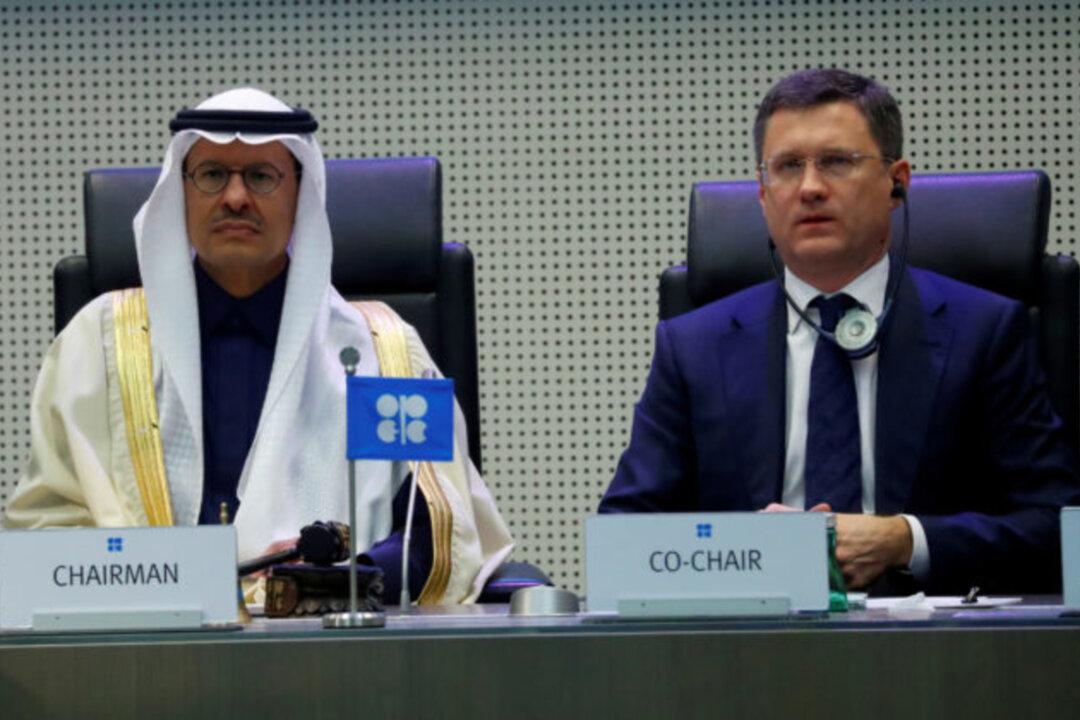The recent move by OPEC+ to decrease oil output came at the “worst possible moment” and will have “wide-ranging” impacts, according to a U.S. official.
On Oct. 5, OPEC+, an alliance of oil-producing nations led by Saudi Arabia and Russia, reduced their oil output target for November by 2 million barrels per day. During her visit to the Middle East, Barbara Leaf, assistant secretary of state for Near Eastern Affairs, said to reporters that the OPEC+ oil cuts come as the world is only emerging from the COVID-19 pandemic and is also dealing with the consequences of Russia’s war against Ukraine, according to Bloomberg.





